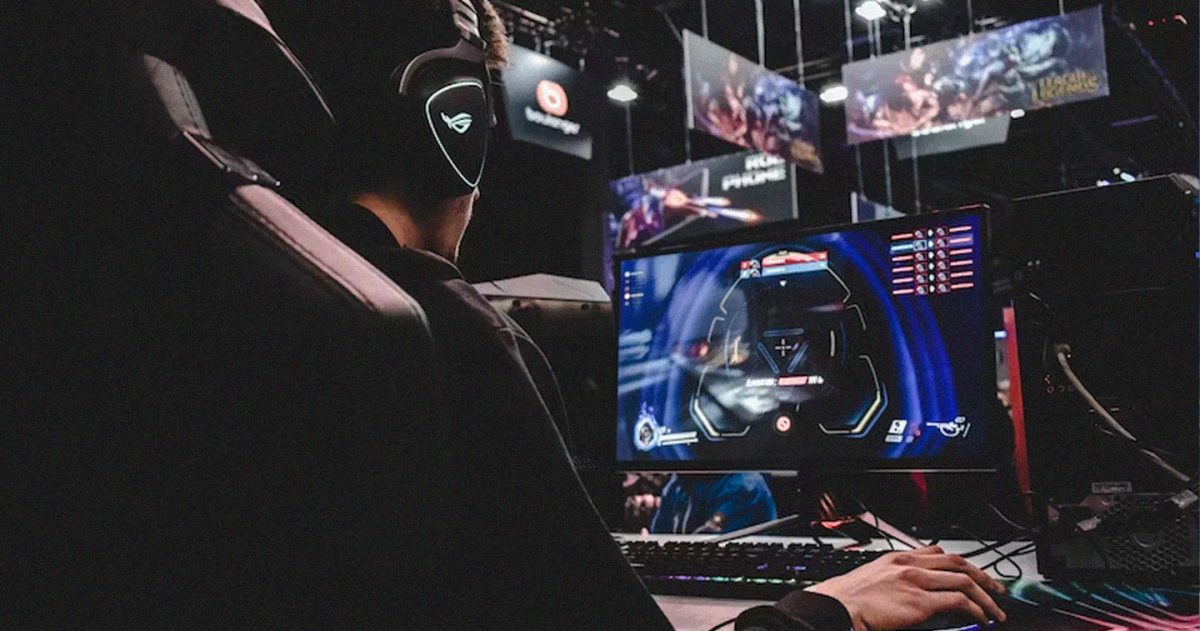MANILA, PHILIPPINES — With a whopping 95.8% of internet users between the ages of 16 to 64 playing video games in the Philippines, the gaming industry presents significant opportunities for the country’s economy. Reports suggest that the global gaming industry is expected to be worth USD 321 billion by 2026, with the Philippines contributing USD 3.6 billion to the pot by 2025. To succeed in an industry that is constantly changing with the launch of new platforms, hardware, and technologies, it is essential to keep the focus on one key aspect, keeping gamers happy.
Why gaming CX matters
Given the strong emotional connection that players have with video games, developers who consistently deliver positive gaming experiences enjoy envious levels of brand loyalty. Outstanding CX is especially important here as it drives home the message that the company’s commitment to its customers goes beyond just creating and delivering the video game.
For instance, Rockstar Games, which has put out industry-defining blockbusters such as Grand Theft Auto and Red Dead Redemption, has remained one of the top game developers in the world since its inception in 1998. This is in part thanks to its well-built gaming ecosystems across titles.
In addition, flawless and bug-free performance tops the list of attributes gamers look for in video games. More than two-thirds of players surveyed in Britain said they would wait for problems to be resolved before playing a title that they were otherwise excited about. Interruptions in playing experiences, either within the game or during the query resolution process, create friction for gamers which leads to them seeking alternatives. This also means that gamers are likely to favor developers who provide positive experiences both in and outside of the game, which makes quality CX a must.
And when it comes to dissatisfaction, the global gaming community happens to be one of the most vocal communities in the world. Any issues in-game or in the services delivered around it can mean negative social media attention, bad reviews, product returns, and more, creating a marketing nightmare for the developer and its assisting ecosystem. In such circumstances, the overall perception of the developer is tainted for the long term, which can adversely affect sales and brand loyalty. Hence, video games that have strong CX strategies in place tend to outperform those which deprioritize CX.
How to Excel at Gaming CX
A few key strategies that can help game developers create fantastic customer experiences in gaming include:
- Community Management: Acing community management is critical to achieving success in gaming CX. There is no single platform or medium that can achieve this, so gaming companies must adopt omnichannel strategies. Using social media, websites, and community forums to keep fans updated on company developments and launching innovative and creative marketing across mediums is key to keeping them engaged.
- Strengthening Personalization: Similar to customer expectations in other industries, personalization is a great plus for gamers as well. Leveraging current advances in Artificial Intelligence and Machine Learning (AI & ML) to provide tailored interactions across various touchpoints such as content marketing, point-of-sale, and chatbots can not only help to engage the customer but also enable the company to experiment and gain a deeper understanding of customer preference.
- Security-as-a-priority: Cybersecurity must be prioritized as digital twins, microtransactions, and pay-to-play models become more popular. According to a Kaspersky report, the virtual worlds and habits of children are particularly appealing to bad actors with focused attacks on this age group increasing by 57 percent in 2022. As the gaming industry becomes more reliant on digital technologies, such attacks on gamers across age groups are likely to increase. Therefore, having strong cybersecurity practices inside and outside games is essential.
- Onboarding a Capable Partner: To ensure success for a video game, multiple business functions such as sales, technical support, customer service, and marketing need to work collaboratively and with agility. It is no mean feat and requires significant internal resources to achieve success. An external partner with the capability to handle these can bolster the overall output for developers while reducing infrastructure and operational costs. Considering how games can take years to develop, it also frees up the internal team to focus on the core business of creating games that people love. External partners can also lend specialized expertise aligned with the unique needs of gamers, such as providing quality CX services that are tailored to the needs of the gaming community. This expertise translates into process efficiency, quicker turnaround times, and better output, ultimately reducing cost and improving player satisfaction.
Barriers to Quality Gaming CX
Games, and gaming experiences by extension, are becoming more sensory and costly. In the Philippines, where e-sports and competitive online gaming enjoy tremendous popularity, monitoring and ensuring quality gaming CX is especially important as malfunctions may occur mid-session. From redeeming points to making in-game purchases, ensuring the completion of such transactions may appear straightforward but glitches can materialize from time to time.
On the ethics front, cyberbullying is a key source of frustration within the gaming community, especially when competitiveness in online sessions goes overboard. Bringing this to a stop is an even greater challenge as it requires an efficient moderation system to flag unacceptable behavior and take necessary actions.
Ultimately, multiple complex problems can detract from a positive gaming experience and be detrimental to value delivery. Enhancing CX must become a strategic imperative for gaming companies to stay competitive. Even as the opportunity to tap technology such as AI grows, it remains essential to have human customer support teams in place. Not only is it because customers still prefer to speak with a human, it also ensures that there is a human in the loop to resolve issues that may arise from the technology. One must not forget that technology does not realize when it has malfunctioned and is unable to take accountability for the repercussions.
In addition to building a strong team, having CX measurement frameworks that present an accurate picture of the state of CX is key. This can help companies work on weaker CX areas to improve the overall offering. It is also important to meet players anywhere they are, be it on the phone, email, chat, or social media. Capitalizing on every channel possible can keep customer engagement and satisfaction at an appreciable level and contribute to brand goodwill.
When push comes to shove, delivering memorable customer experiences in gaming can be more complex when compared with CX in other domains. The right player support approach will not only have the capability to ensure exceptional customer service but also build advocates and brand loyalty.
About the author
Byron Fernandez, Executive Vice President and Group Chief Information Officer of TDCX, has over 20 years of experience in Customer Experience operations in Business Process Outsourcing (BPO), spanning the design of customer access strategies, inbound customer contact, outbound outreach, and leading high-performing contact centers.
Byron’s expertise across sectors such as telecommunications, banking, insurance, fast-moving consumer goods (FMCG), technology, and government contact centers have played an instrumental role in him leading TDCX’s operations across various markets.
Byron has an MBA in Management Information Systems, is a COPC-certified Implementation Leader, Call Center Industry Advisory Council (CIAC)-certified Strategic Leader, as well as a member of the International Association of Outsourcing Professionals (IAOP). He is also one of the few individuals to be presented with the Career Achievement Award by the Contact Centre Association of Malaysia (CCAM).










